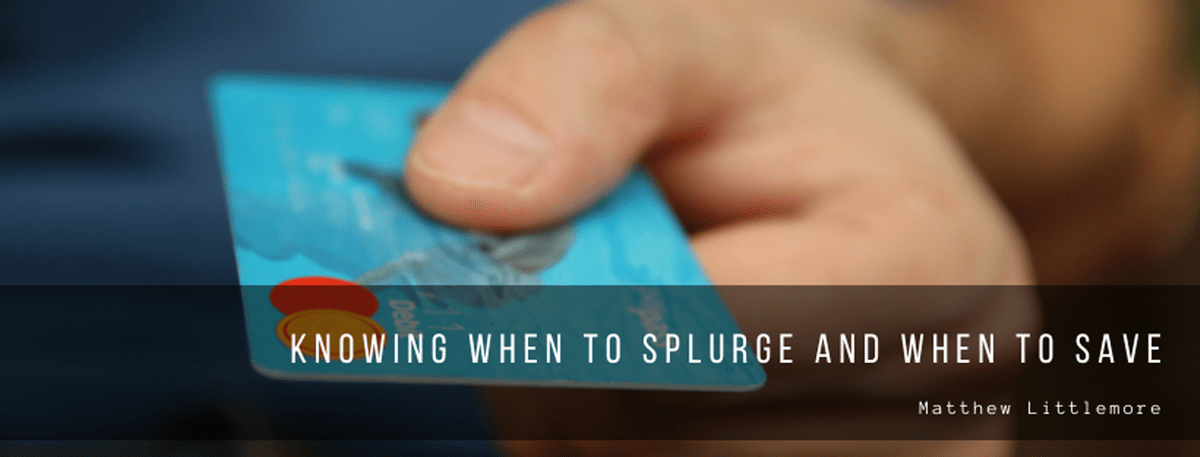
Splurging can come in many forms. For some people, splurging is a way of having a nice night, ordering dinner, and enjoying time out – without worrying about the money spent. For others, it’s buying an expensive piece of tech or paying for something that will add value to their homes. Regardless of their definition of splurging, there is a time and a place for it.
There are times when it is worth spending a little extra for something nice, and there are also times when one definitely should save money by purchasing the cheapest option available. The trick is knowing how to identify each of these moments.
Splurge – Emotional Value:
If someone is purchasing an item for their home that they know will come of use all of the time and that they know will bring them joy, they should consider splurging on that. A good recliner can be worth a splurge, as can a new spa shower. When purchasing an engagement ring or another special item, it might be a good idea to splurge and purchase one of the pricier options out there, also. It all depends on the potential emotional value of the item.
Save – Longevity:
When buying a food staple that is used up quickly in their home, one might want to save money and buy a generic product. Likewise, if someone is buying decorations for a party that will take place for a couple of hours and then be done, they should try to save money on those items.
Splurge – Vacation Memories:
If one plans a single trip a year and that person wants to remember the trip for a long time, they might splurge on the trip. One should spend extra to ensure that they will be safe while traveling. This will help to ensure that their journey will be fun and memorable.
Save – Vehicle Shopping:
Many people who purchase a brand new vehicle will be disappointed because they have to spend extra money for an item that will quickly depreciate. Again, this purchase may come with an emotional value for some people, making it worthwhile. For those that don’t have an attachment, consider the alternatives. For example, one could save money when purchasing a vehicle by choosing a relatively new one at a lower price.
Final Thoughts:
A person has to figure out what is and is not essential to them when spending money to know when to splurge and when to save.
Article originally published on MatthewLittlemore.net